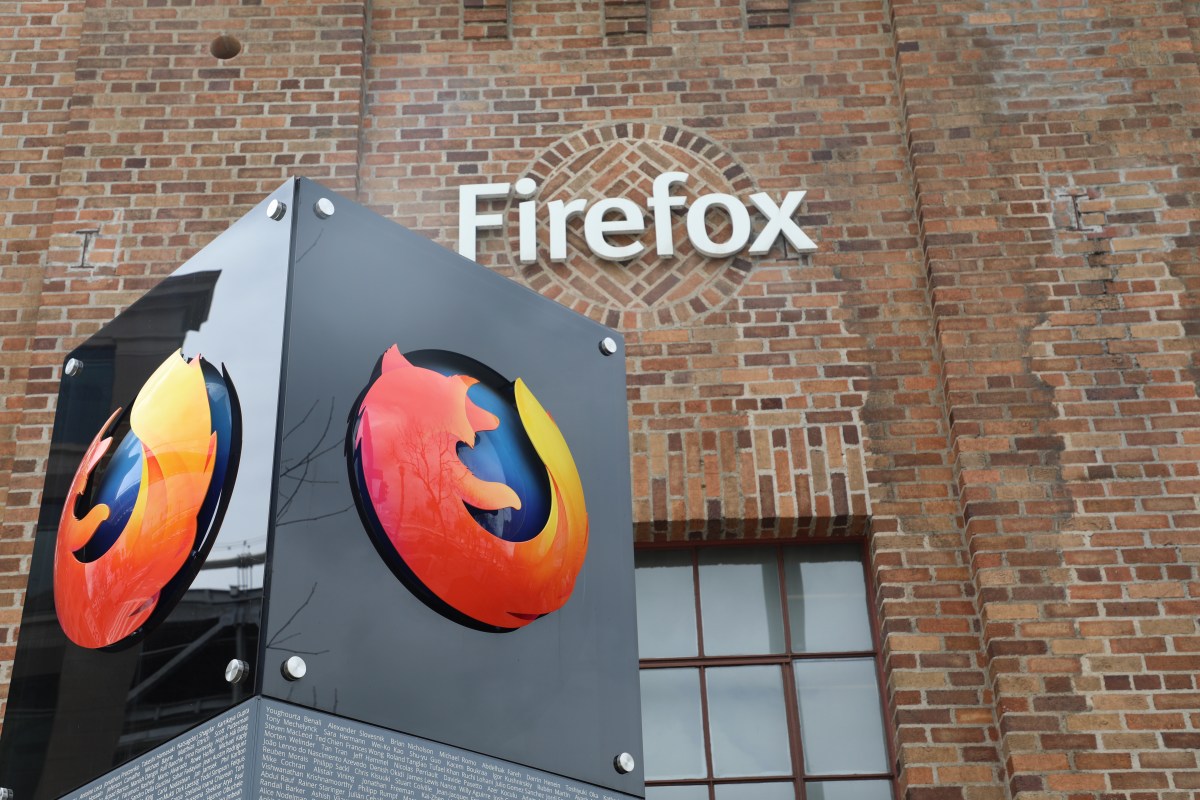

Set up a new email on Gmail or Proton Mail
Two words. They could have removed two words and made the instructions infinitely better.
And this is on the web page where, if you tap on it three times, it instantly exits out and goes to DuckDuckGo. Which is pretty neat.









Hey, it’s been a few weeks. Guess whether Mozilla has updated their privacy policy yet!
It’s very clear what they say on their corporate website, right?